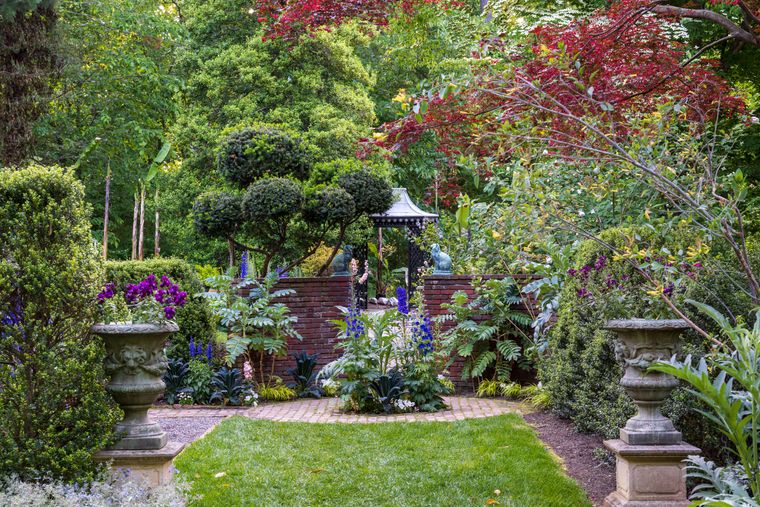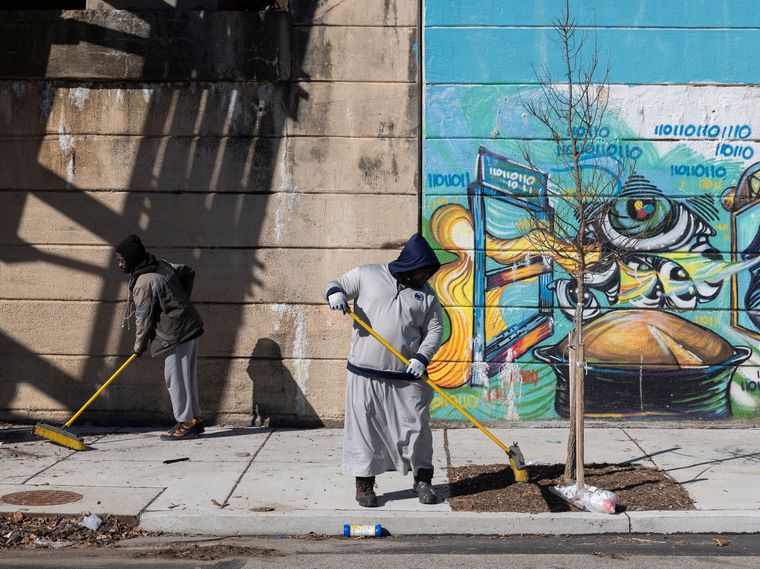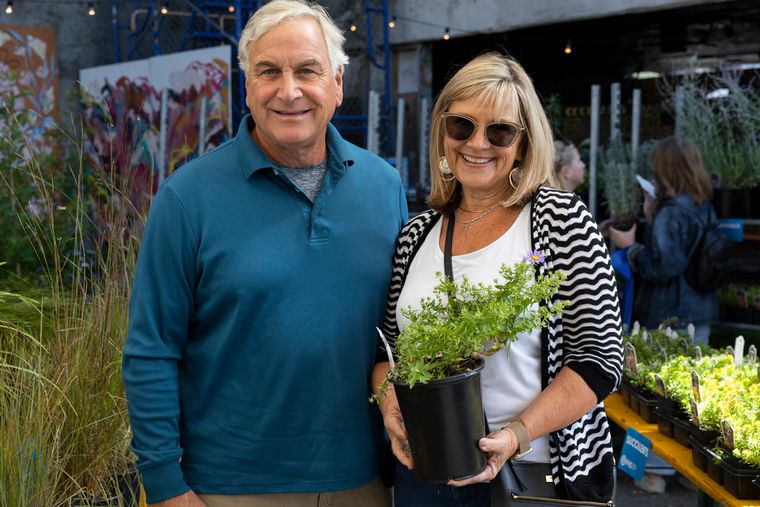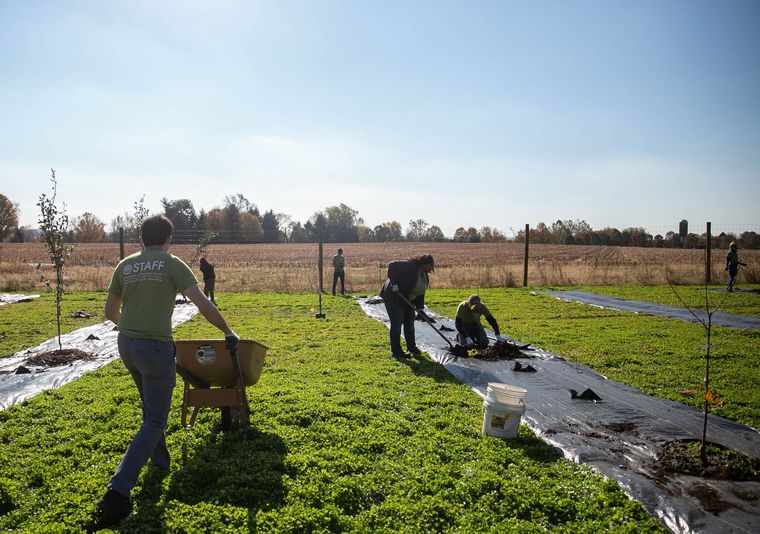



For the Love of Plants – September 2019
Press Releases
for the love of plants

If you’re looking for a lovely, large shade tree to plant, consider the Kentucky coffeetree, Gymnocladus dioicus. Often overlooked, this native tree is ideal for urban and suburban settings. Hardy in zones 3 – 8, this tree will grow in many soil types and is drought and pollution tolerant.
“Experts indicate that this tree is going to be resilient to climate change and should be planted more often,” says Dana Dentice, PHS Urban Forestry Program Manager. “It’s a great choice for this region because it has no serious insect or disease problems and has a high tolerance for extreme conditions and warmer temperatures. Philadelphia is going to experience more days above 90 degrees.”
“People pass by this tree because it looks like an awkward adolescent at the nursery – it’s a single stem,” says Hasan Malik, ISA Certified Arborist, Tree Authority. “It requires patience, to grow into its nice tree shape. People walk right by it, it’s not interesting at this age.” He adds, “This is a tree that a homeowner needs to be patient with and let it take its form. It’s not going to look like a specimen tree – that’s why it is under-planted.”
Given time to mature, the Kentucky coffeetree will grow at a slow to medium rate up to 60 feet or more at maturity, and with its well-branched form, and strong wood, will stand up to storms better than many other species. Fall is the best time for planting these trees. Full sun is the ideal condition, and the semi-shade of this tree makes gardening underneath it possible.
The tree gets its name by early settlers who used its seeds as a coffee substitute. The seeds and pods are poisonous but thought to be neutralized in the roasting process. There are select cultivars like ‘Espresso’ that are male and do not produce fruit.
“Everyone wants instant gratification,” says Malik. “This tree is a long-term investment.” Five-gallon and 25-gallon Kentucky coffeetrees are readily available in this area and can be purchased locally at Tree Authority and other nurseries.